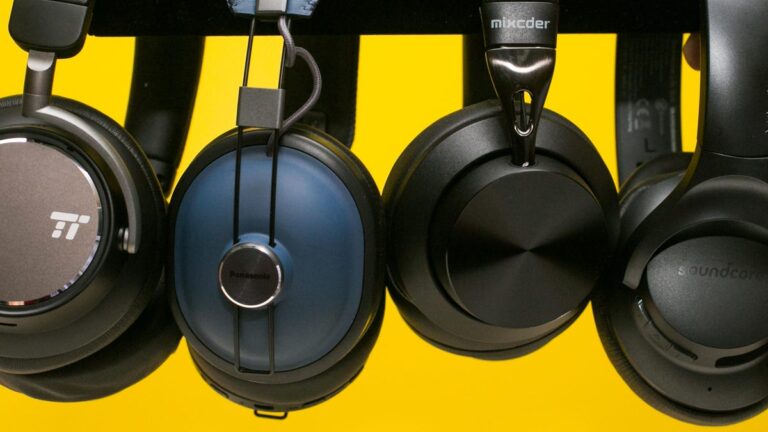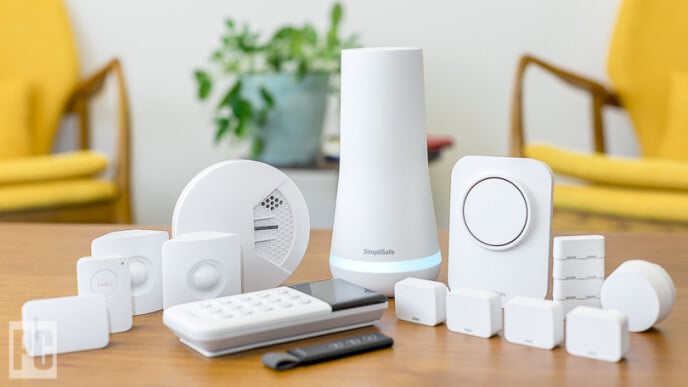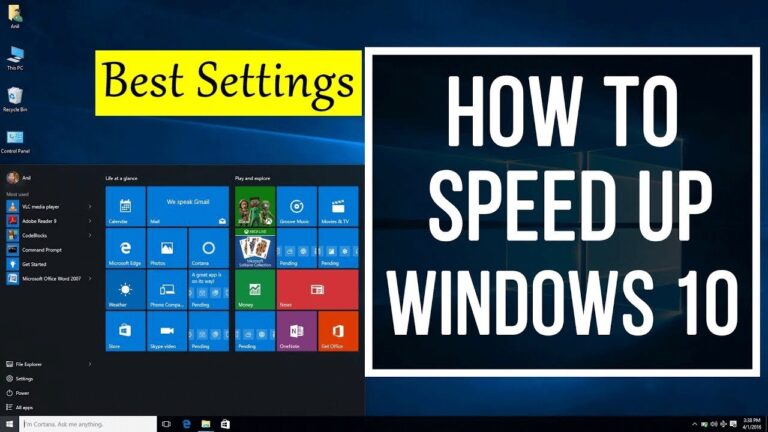Internet of Things Technology Examples in Business: Smart Innovations Transforming the Corporate World
The Internet of Things (IoT) is no longer just a futuristic concept it’s a powerful, real-world technology reshaping how businesses operate, connect, and deliver value. By embedding sensors, software, and connectivity into everyday devices, IoT enables real-time data collection and automation across industries. From manufacturing to retail to logistics, the practical applications are vast and growing fast. Understanding internet of things technology examples in business is crucial for leaders, entrepreneurs, and professionals looking to stay ahead in a rapidly digitizing world. Let’s explore how companies are using IoT to boost efficiency, reduce costs, and unlock new revenue streams.
Smart Inventory and Asset Tracking: Real-Time Visibility at Scale
Inventory management used to rely on manual counts or outdated systems. Now, with IoT-powered sensors and RFID tags, businesses can track products, raw materials, and assets in real time. Whether it’s a warehouse shelf, delivery truck, or retail floor, smart inventory systems provide location updates, usage patterns, and alerts for low stock or anomalies. This visibility minimizes shrinkage, improves supply chain accuracy, and reduces operational downtime. In industries like logistics, food distribution, and pharmaceuticals, real-time asset tracking has become a critical component for compliance and performance.
Predictive Maintenance in Manufacturing: Reducing Downtime, Increasing Output
Manufacturers are embracing IoT to move from reactive to predictive maintenance. Sensors embedded in factory equipment continuously monitor conditions such as temperature, vibration, and pressure. This data is analyzed to predict when a machine might fail so maintenance teams can intervene before a breakdown occurs. Predictive maintenance reduces unexpected downtime, extends equipment life, and cuts repair costs. Companies like GE, Siemens, and Caterpillar are already leveraging IoT to optimize operations and create more resilient production lines.
Smart Energy Management: Efficiency That Pays Off
Energy consumption is one of the biggest operational costs for many businesses. IoT-based energy management systems give organizations the ability to monitor and control lighting, HVAC, machinery, and power use across locations. By analyzing real-time data, these systems optimize energy usage and identify inefficiencies automatically adjusting operations during peak hours or alerting staff to unnecessary consumption. In commercial buildings, factories, and even office spaces, IoT-enabled energy control helps meet sustainability goals and lower utility bills without compromising productivity.
Connected Customer Experiences: Personalization and Insight in Retail
Retailers are using IoT to enhance the shopping experience, both online and in-store. Smart shelves track product levels and trigger restocking alerts. Beacons send personalized offers to shoppers’ smartphones as they browse. Smart mirrors in fitting rooms suggest outfit combinations or sizes. All of this data is funneled into analytics platforms that help brands understand consumer behavior, tailor promotions, and manage inventory more effectively. Retailers like Amazon Go and Zara are at the forefront, using IoT not just for logistics, but to reinvent how customers interact with their brand.
Fleet and Transportation Monitoring: Smarter, Safer Logistics
Fleet operators now rely on IoT to optimize routes, improve fuel efficiency, and monitor driver behavior. GPS-enabled trackers combined with IoT sensors provide real-time insights into vehicle status, load conditions, and external factors like weather or traffic. Fleet managers can reroute deliveries, monitor emissions, or trigger alerts if cargo temperatures fall outside acceptable ranges. For logistics giants like FedEx and UPS, this level of insight ensures faster delivery, safer driving practices, and better customer satisfaction through real-time updates.
FAQs
Is IoT only for large enterprises?
Not at all. Many IoT solutions are scalable and affordable, making them accessible to startups and small businesses looking to streamline operations.
How secure is IoT technology in business settings?
While security is a concern, most modern IoT systems include encryption, access controls, and regular firmware updates to minimize risk.
Can IoT integrate with existing business software?
Yes. Many IoT platforms offer APIs or integration tools that connect with ERP, CRM, and cloud analytics systems.
Do I need a dedicated IT team to implement IoT?
Not necessarily. Managed IoT service providers can help with setup, monitoring, and maintenance—ideal for businesses without in-house IT.
What industries are leading in IoT adoption?
Manufacturing, logistics, retail, healthcare, and agriculture are among the top sectors using IoT to drive efficiency and innovation.


